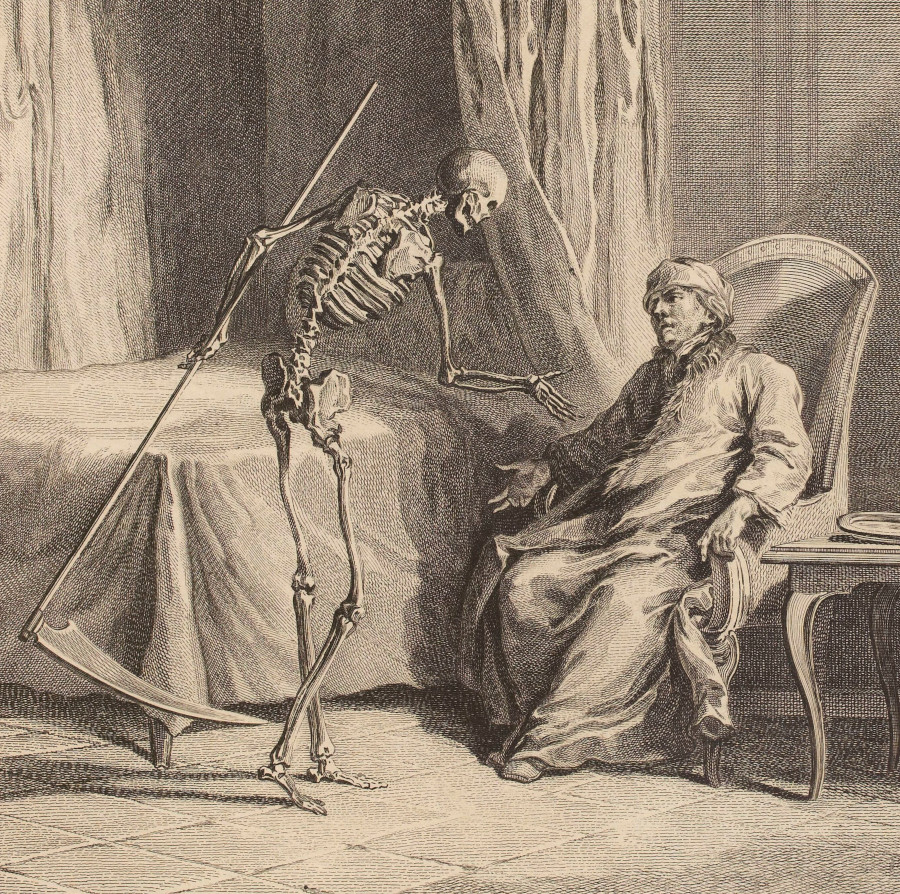Joke Creator: Benjamin Wade? Charles H. Hoyt? William D. Kelley? Anonymous?

Location: Central Pacific Railroad? Great American Desert? Great Plains? Nevada? Wyoming? Nebraska? Montana? North Carolina? Texas? Unknown?
Question for Quote Investigator: A traveler who was visiting an arid and desolate place asked a resident for his opinion of the location. The resident was enthusiastic, but the traveler’s mordant response was hilarious:
“This is a wonderful place. All it needs is water and good society.”
“That’s all hell needs!”
This squelcher has been credited to nineteenth century U.S. Senator Benjamin Wade and U.S. playwright Charles H. Hoyt. However, I have never seen a solid citation. Would you please explore this topic?
Reply from Quote Investigator: In November 1869 “The Philadelphia Inquirer” of Pennsylvania reported on a lecture delivered at the local Concert Hall by U.S. Congressman William D. Kelley who discussed a long journey on the Union Pacific Railroad and the Central Pacific Railroad. Boldface added to excerpts by QI:1
Passing over the Union Pacific the engineer informed me that there had been no rain for a long time. Coming home we had rain following us and preceding us for fifteen hundred miles. I could see it passing before us and laying the dust, as well as I ever saw it done by one of the water carts on the street.
The lecturer stated that he stopped, together with the rest of the party, at a small station on the line. While there, the Hon. Ben. Wade, one of the party, got into conversation with the station-master, and said to him:—“You have a pleasant place here; it is truly delightful?” “Yes,” said the station-master, “it is very pleasant; but it would be much better if we had good society and plenty of water.”
“So would Hades,” quietly remarked Mr. Wade, turning upon his heel and walking away.
The oddly placed question mark in the excerpt above appeared in the original text.
Based on the testimony of Kelley, QI believes that Benjamin Wade deserves credit for this quip. Kelley did not specify the precise location of the station. The newly inaugurated route of the transcontinental railroad went through Iowa, Nebraska, Wyoming, Utah, Nevada, and California.
Below are additional selected citations in chronological order.
Continue reading “Joke Origin: “This Place Would Be Much Better If We Had Plenty of Water and Good Society” “So Would Hades””







